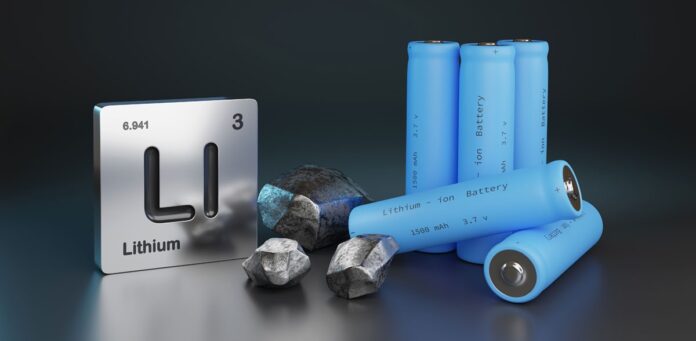Lithium batteries have become the go-to power source for countless applications, from electric vehicles to marine equipment, due to their high energy density and long cycle life.
However, when subjected to constant heavy loads, these batteries can fail prematurely, causing frustration and unexpected downtime. Understanding why this happens is crucial to optimizing battery usage and extending lifespan.
Key Highlights
- Constant heavy load accelerates lithium battery degradation.
- High temperatures worsen battery health under heavy use.
- Proper battery management systems help mitigate failure risks.
- Quality and design of lithium cells affect performance under load.
- Industrial users can find reliable battery solutions at GTKMarinePower.
- Avoiding deep discharges extends lithium battery longevity.
How Lithium Batteries Work Under Load
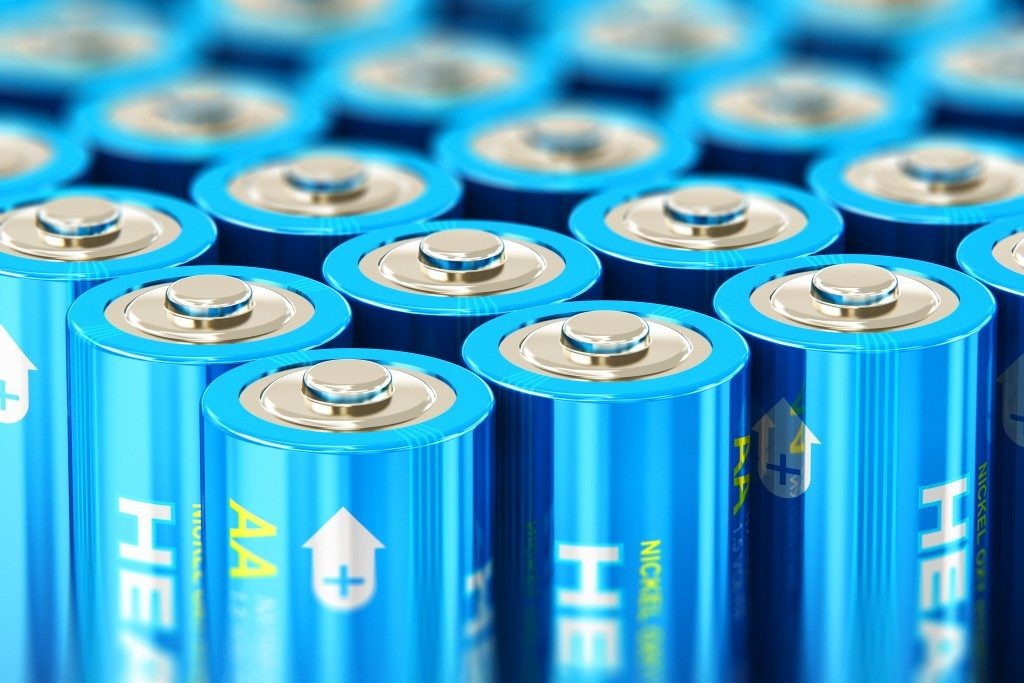
Lithium-ion batteries store and release energy through chemical reactions involving lithium ions moving between the anode and cathode. Under normal conditions, this process is stable and efficient.
However, when a battery experiences a continuous heavy load—meaning it is constantly drawing high current—it stresses the internal components.
This heavy current causes the battery to heat up. The rise in temperature accelerates chemical side reactions inside the battery, which degrade the electrolyte and electrode materials.
Over time, this damage reduces the battery’s capacity and increases internal resistance, leading to voltage drops and eventual failure.
Why Constant Heavy Load Causes Faster Degradation
Heat Generation and Thermal Stress
The main culprit behind lithium battery failure under heavy load is heat. When a battery is under heavy use, it generates heat due to internal resistance.
This heat buildup isn’t just uncomfortable; it directly harms the battery’s chemistry.
High temperatures promote unwanted side reactions inside the battery, such as electrolyte decomposition and breakdown of electrode materials.
These reactions cause loss of active lithium and formation of solid layers that block ion movement. The more heat generated, the faster these damaging processes occur.
Increased Internal Resistance
As the battery ages under heavy load, internal resistance rises. This resistance makes the battery less efficient at delivering power, which in turn causes more heat generation in a vicious cycle.
Increased resistance leads to lower voltage output and can cause the battery management system to shut down the battery to prevent damage.
Mechanical Stress and Electrode Degradation
Heavy current also causes mechanical stress on the electrode materials. Rapid lithium ion movement in and out of the electrodes can cause tiny cracks or structural breakdown. These physical changes reduce the battery’s ability to hold and deliver charge effectively.
The Role of Battery Quality and Design
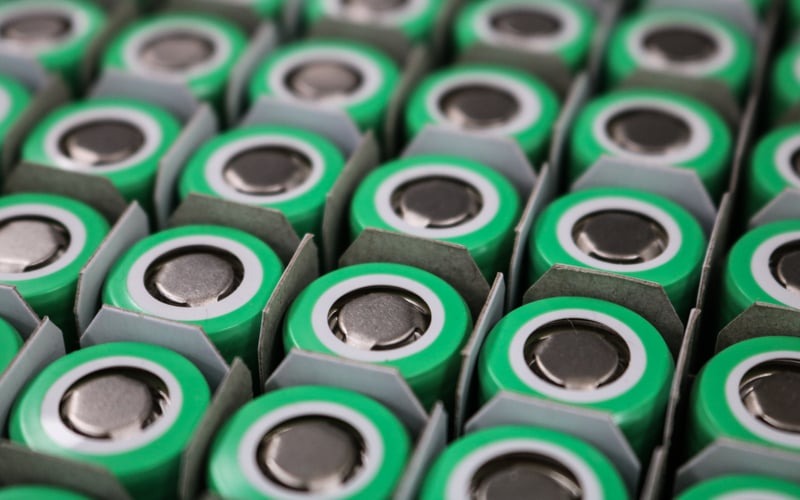
Not all lithium batteries are created equal. The quality of materials and engineering design play a huge role in how well a battery withstands constant heavy loads.
High-quality cells often use advanced electrolyte formulations and electrode materials that resist degradation and heat buildup better than cheaper alternatives.
Additionally, batteries designed for heavy-duty use usually have enhanced cooling solutions and reinforced structures to manage stress.
For industries or individuals requiring reliable batteries that perform well under demanding conditions, looking to trusted suppliers is essential.
One such option is GTKMarinePower, a reputable provider specializing in industrial and commercial grade batteries, including marine, deep cycle, and AGM batteries suited for heavy-duty applications.
How Battery Management Systems Help
A good battery management system (BMS) is vital for protecting lithium batteries from failure under heavy load. The BMS monitors key parameters like temperature, voltage, and current, and can adjust operation to keep the battery safe.
For example, if the battery gets too hot, the BMS can reduce the current or temporarily shut off the load to allow cooling.
It also prevents over-discharge and over-charge, conditions that severely damage lithium cells, especially under stress.
Without a proper BMS, batteries subjected to constant heavy loads are at much greater risk of rapid failure.
Avoiding Deep Discharges and Overcharging
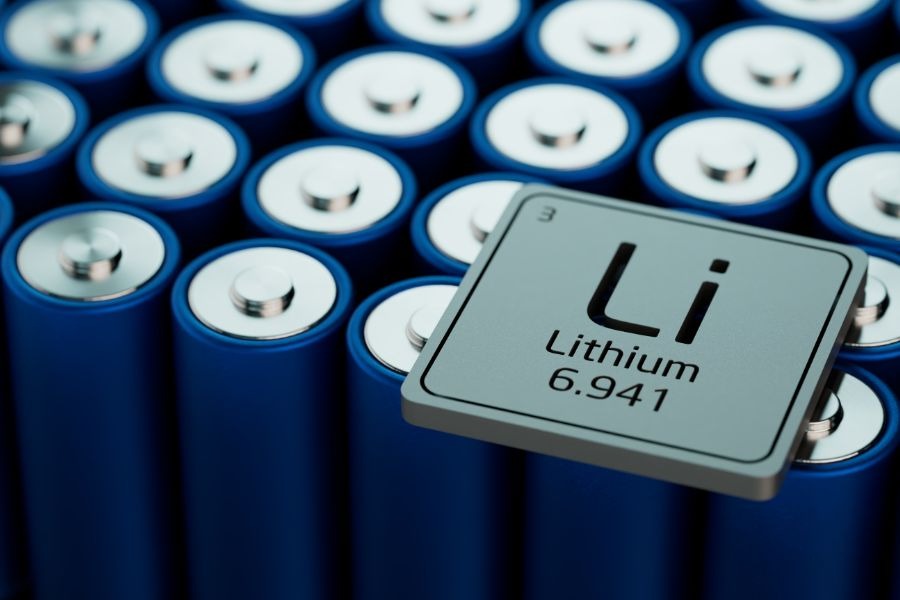
Two common mistakes that worsen battery wear under heavy load are deep discharges and overcharging.
Deep discharging means using most of the battery’s capacity before recharging. This stresses the battery and causes a drop in cycle life.
Similarly, overcharging beyond the recommended voltage can trigger dangerous side reactions, heat buildup, and capacity loss.
Maintaining moderate charge levels and avoiding extremes improves longevity, especially when the battery must support heavy, continuous loads.
Practical Tips to Extend Lithium Battery Life Under Load
If your application demands constant heavy use of lithium batteries, here are some practical tips to help extend their lifespan:
- Use batteries rated for heavy-duty applications: Batteries designed for high current loads handle stress better.
- Ensure proper cooling: Heat dissipation is critical. Make sure your setup allows airflow or uses active cooling.
- Employ a quality BMS: Protect the battery from overcurrent, overheating, and voltage extremes.
- Avoid deep discharges: Recharge before the battery gets too low to minimize stress.
- Monitor battery health regularly: Check voltage, temperature, and capacity to catch early signs of failure.
Summary
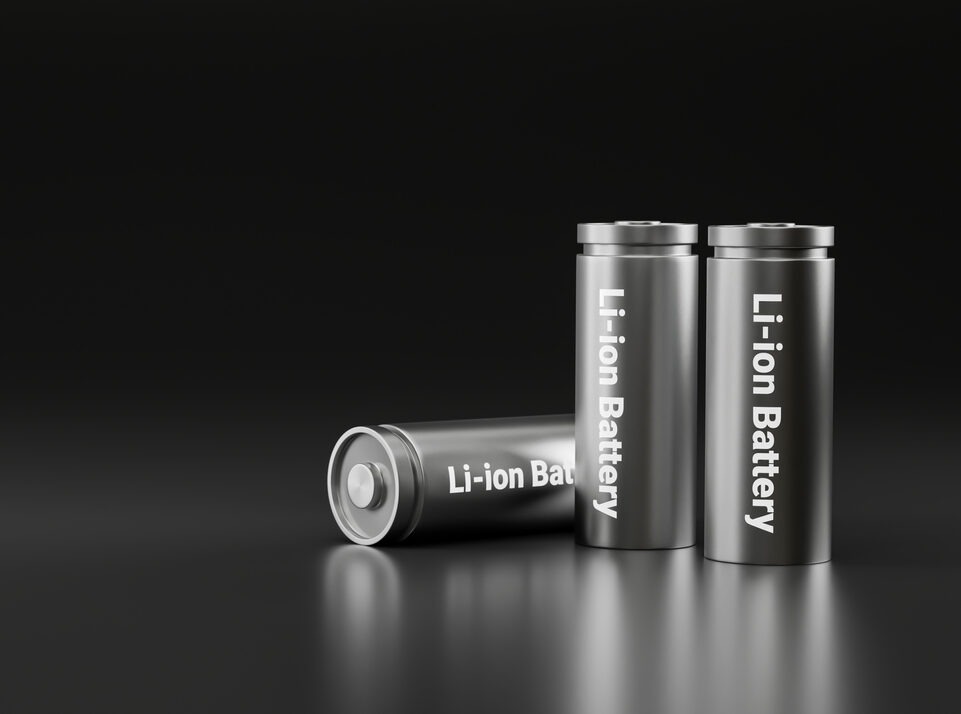
Lithium batteries are remarkable energy storage devices but are vulnerable when constantly pushed with heavy loads. The primary reasons for failure include heat buildup, increased internal resistance, and electrode degradation.
Battery quality and management systems significantly influence how well a battery copes with these stresses.
For users relying on lithium batteries in heavy-duty settings, investing in well-designed batteries and proper system controls is critical. Avoiding deep discharge and overheating helps extend battery life.
If you need dependable batteries capable of handling tough industrial or marine demands, suppliers like GTKMarinePower provide a wide range of high-quality options and expert guidance.
Understanding why lithium batteries fail under constant heavy load empowers you to make smarter choices and keep your power systems running longer and more reliably.

